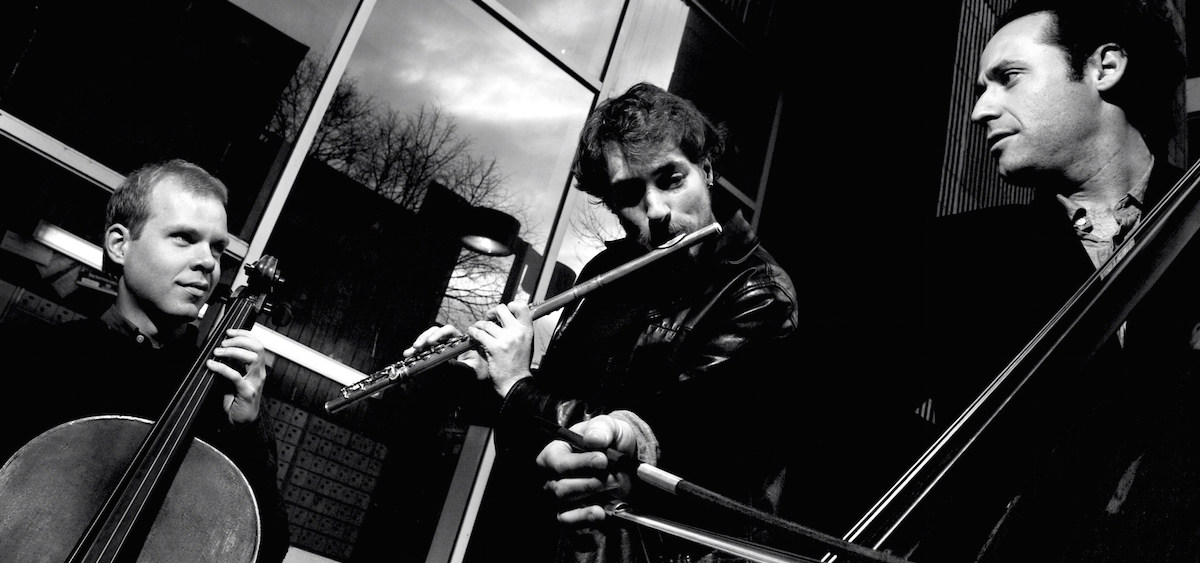Culture

Anonymous Donor Lifts Up OU Performing Arts Program
< < Back to anonymous-donor-lifts-ou-performing-arts-programProfessional artists who visit Ohio University bring with them an excitement and energy felt not only by students but by faculty, too.
These artists connect with students through master classes and workshops, influencing and broadening the students’ work as they begin to create their own artistic voice. Faculty witness this surge of artistic energy in their students and also network with the artists.
Now, thanks to a $1 million gift to OU by an anonymous donor, the southeast Ohio K-12 community will benefit as well.
The gift established the Performing Arts in Education Fund in the Division of Student Affairs. The fund supports intentional programming with visiting performing artists who will engage in a residency at Ohio University. These artists will work with students and faculty and also engage with Athens-based and regional K-12 students, said Andrew Holzaepfel, senior associate director for the Campus Involvement Center who also works with Ohio University’s Performing Arts Series and who will oversee the visiting artists’ residencies.
Holzaepfel said the Performing Arts in Education Fund’s reach will significantly enhance the existing performing artist residency program and allow for more artist residencies that will reach a larger audience.
“It will take artists into the communities and bring the community to the artists” via free performances both at the schools and at OU’s Athens Campus, he said. “It also will strengthen and expand the Performing Art Series’ collaboration with the College of Fine Arts, much like when Project Trio came to OU and worked with students and performed publicly,” he said.
This residency allowed for Project Trio performances at the Athens Community Center for children in the after-school program, for students at nearby Alexander Elementary School, and for OU students, said residency coordinator Beth Braun, director of Athens Community Music School and assistant dean for academic budget planning. They also held a workshop for OU students and community members.
“When Project Trio came to Athens, their residency was fantastic!” Braun said. “They have a wonderful way of engaging audiences both through the music itself and their delightful stage presence.”
Like the Project Trio residency, The Performing Arts in Education Fund will provide the Ohio University and Athens community with the opportunity to enjoy a public performance by the artist, Holzaepfel said. “The already robust OU and Athens community art scene will be opened up to even more arts pathways through this gift.”
Ellen Fultz, executive director of development for OU’s Scholarships and Special Projects who worked with the donor on the gift, said its intentional reach into regional schools was an element that inspired the donor. Programing from the fund will complement current school arts programs or, in cases where funding cuts removed arts instruction, the fund will provide students with an arts engagement opportunity, she said.
“More performing artists will now have the opportunity to go into the schools to provide art encounters to students, many of whom may not otherwise have an opportunity to witness various performing art forms,” she said.
The gift is part of the Ohio University’s The Promise Lives Campaign, which topped its $450 million goal in April 2014—14 months ahead of the June 30, 2015, deadline. Already securing more than $478 million, the Campaign continues to raise funds in support of students, faculty, programs, partnerships and select facilities at Ohio University.
Established in 1945 by OU President John C. Baker, The Ohio University Foundation is the fundraising unit responsible for raising, investing and disbursing funds in support of the Ohio University educational mission. The Foundation is an institutionally related, non-profit, tax exempt, 501c(3) organization, and is the repository for all private gifts to the University through annual giving programs, capital and special campaigns, and planned or deferred gifts.
This article originally appeared in Ohio University’s Compass.

